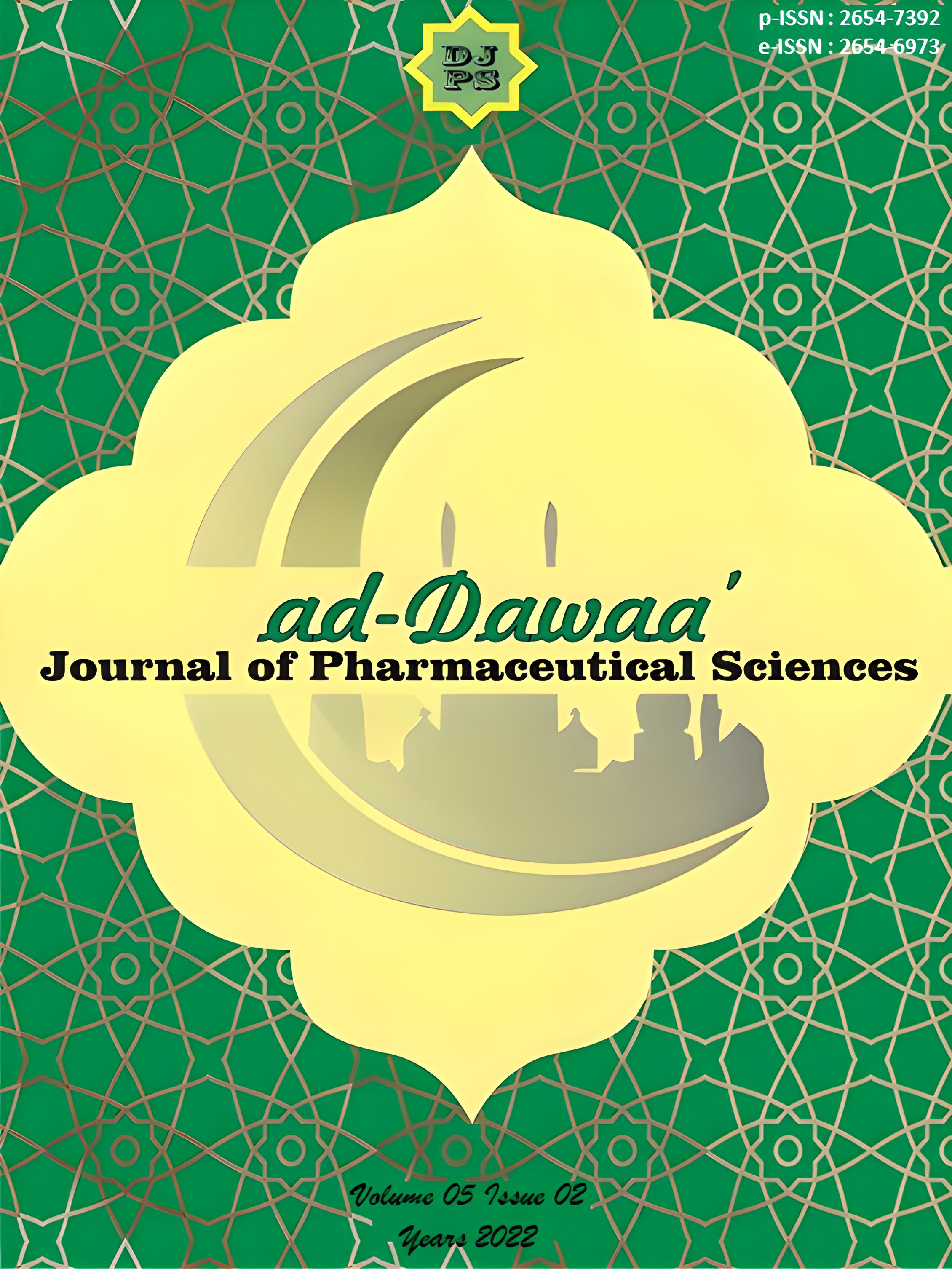Formulation and Antibacterial Activity of Bidara (Ziziphus mauritiana Lamk.) Leaf Toothpaste Against Streptococcus mutans
Abstract
Bidara (Ziziphus mauritiana Lamk.) is a native plant of Central Asia that has been widely cultivated in Indonesia. Bidara leaves contain many flavonoids, polyphenolic hydrolysable tannins, triterpenoids, sterols, and alkaloids. Bidara has potential as an antibacterial and has been widely used. The antibacterial activities of Bidara are used to formulate toothpaste against bacteria in the mouth. The study aimed to formulate a toothpaste from bidara leaves that have good physical stability and can be against Streptococcus mutans which causes dental plaque. This type of research is an experimental laboratory using the maceration method and formulated into toothpaste. After that, the physical stability of the toothpaste was tested, and antibacterial activity against S. mutans using the agar diffusion method. Bidara leaves can be used to formulate toothpaste against S. mutans bacteria. The research produced a toothpaste formula from Bidara leaf extract. Formula III is the best formula based on physical stability tests and Streptococcus mutans anti-bacterial tests.
Downloads
Once an article was published in the journal, the author(s) are:
- granted to the journal right licensed under Creative Commons License Attribution that allows others to share the work with an acknowledgement of the work's authorship.
- permitted to publish their work online in third parties as it can lead to wider dissemination of the work.
- continue to be the copyright owner and allow the journal to publish the article with the CC BY-SA license
- receiving a DOI (Digital Object Identifier) of the work.


1.png)